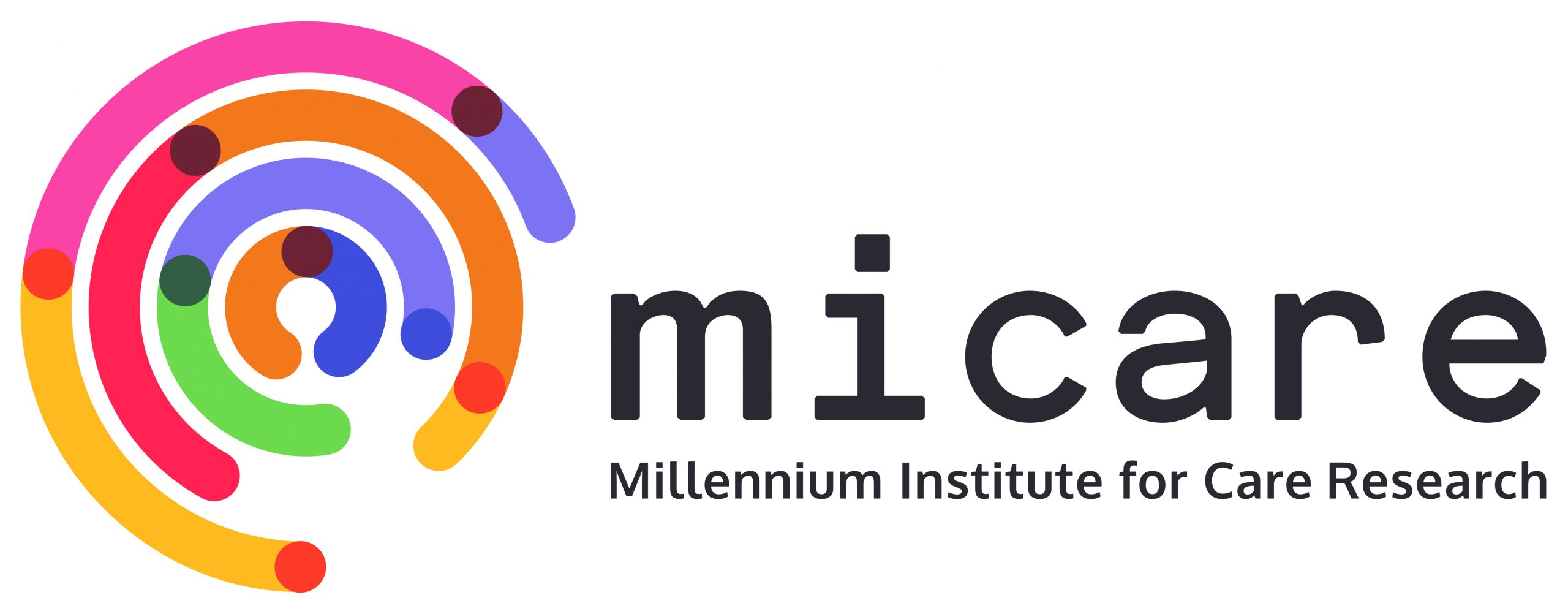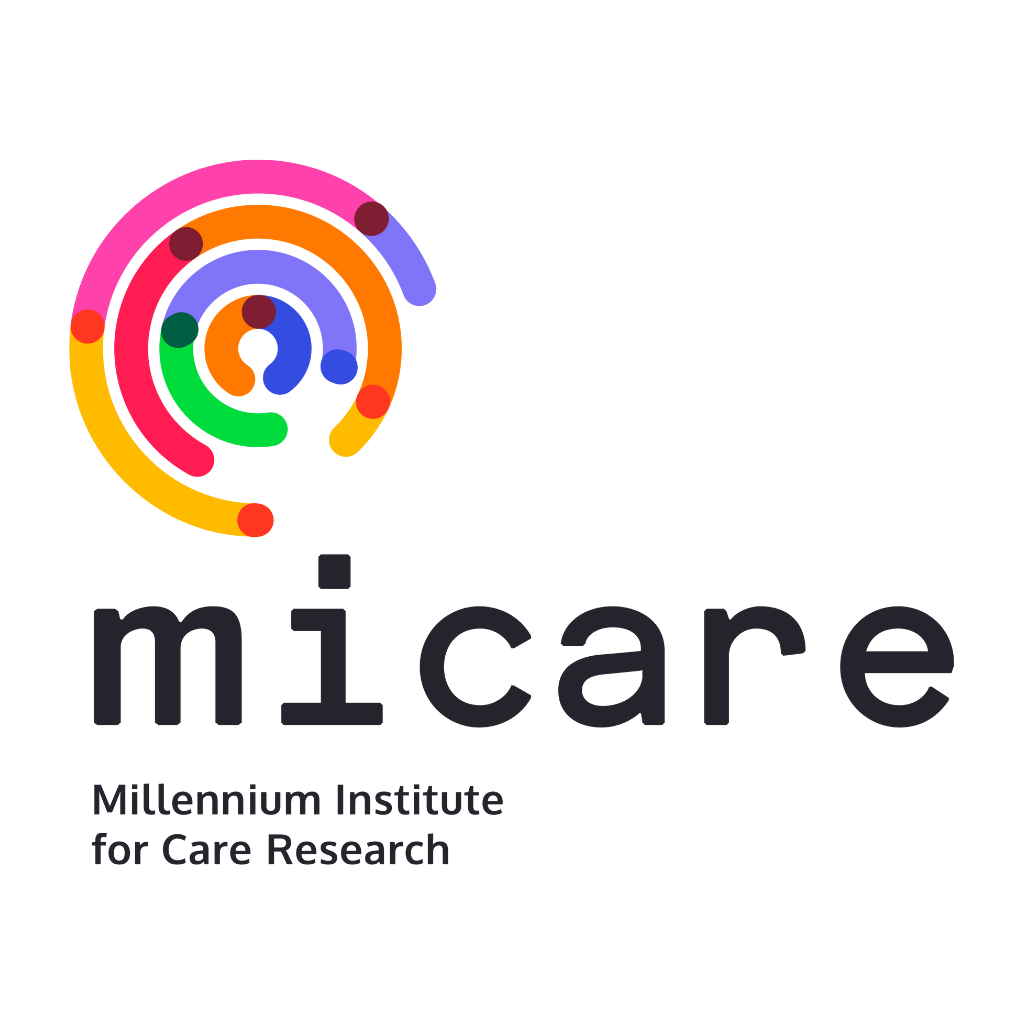Translated from the article published by Universidad Andrés Bello (in Spanish)
“The fruit of 20 years’ work.” This is how the psychologist and PhD in Ageing and Mental Health, Claudia Miranda, defines her appearance in the latest update of the “World’s Top 2% Scientist” ranking, carried out by Stanford University.
The ranking corresponds to a list of the 2% of the most cited scientists in the world in different disciplines. This is based on bibliometric information in the Scopus database, of more than 200,000 people active in research from all over the world, classified into 22 disciplinary fields and 176 subfields.
Among the 200,419 prominent researchers on the list, twelve belong to Andrés Bello University, including the academic from UNAB Nursing School and MICARE director, Claudia Miranda.
“As a researcher, one of the objectives that I have set myself is to generate quality scientific knowledge and an indicator of that is the impact of the publications that I have written or in which I have participated. Appearing in the Scopus ranking within the 2% of the most cited researchers in 2021 is the fruit of my 20-year work and fills me with pride,” said the researcher.
Pioneer in the area of Geriatrics
In addition to this recognition, Miranda stands out, particularly, in the area of Geriatrics, where of the 99 authors worldwide, there are only three Latin Americans, of which she is the second most cited.
Asked about the small number of Latin American academics in the area, the academic maintains that this disparity also responds to the heterogeneous way in which population ageing has occurred in the world, “in Latin America, some countries, such as Chile, we have experienced accelerated ageing, while others are just beginning this process. Therefore, the published scientific evidence in this regard is also uneven”, she adds.
Besides this, Miranda adds that there are other factors such as the lower number of scientific publications of Latin American origin in general, which “is due to other factors such as language, the high cost of publishing in high-impact journals, etc. Considering this, it is a tremendous achievement to be among the three most cited Latin American researchers in this area”, she says proudly.
Personal motivation
However, the researcher’s achievements have a highly personal motor and value that have led her to position herself as one of the most outstanding academics in the area and, along with this, to lead the Millennium Institute for Care Research (MICARE).
“When I decided to specialize in a doctorate in ageing and mental health in 2004, I did it because of a personal experience I had with my grandmother and because I realized that in Chile there were not many health or social professionals who were formally trained to work with said age group”, says Claudia Miranda.
“I think that I was not mistaken in this choice since, from teaching and research, I have been able to contribute, on the one hand, to training new professionals with knowledge about aging and, on the other, to generating evidence that allows supporting the elderly. Best of all, having taken this path has been very satisfying personally and professionally”, she concludes.





